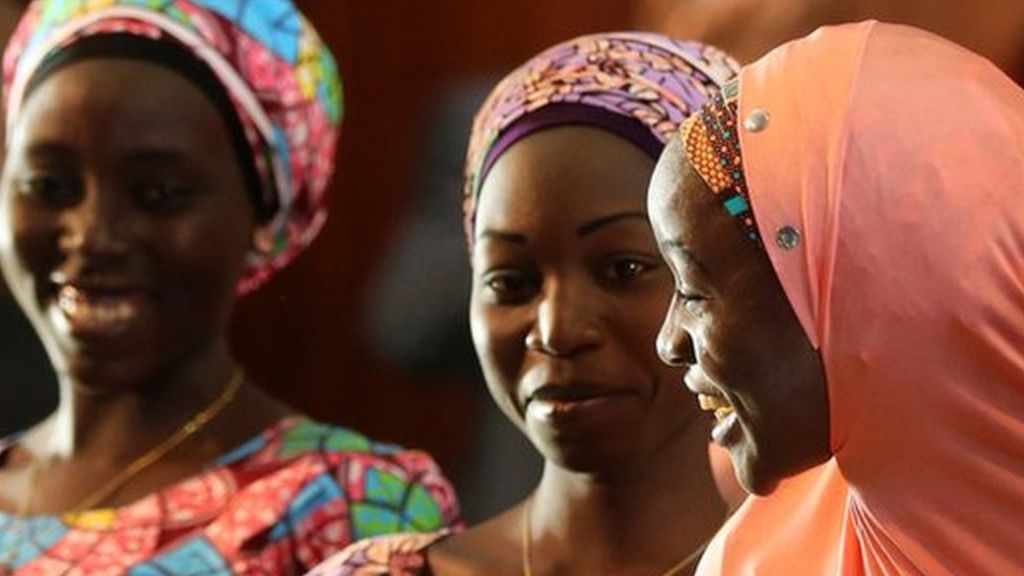How to protect the Chibok girls from reliving their horror - BBC News
bbc.co.uk - To enable the 21 recently freed Chibok girls to avoid the stigma usually associated with Boko Haram captivity, a leader of Nigeria's Chibok community has called for them to be sent to the US to continue their education.
But other dangers may await the girls if they travel abroad.
Some of the 57 Chibok girls who managed to escape a few hours after the Islamist militants stormed their school in April 2014 and ferried them away in trucks, are already being educated in the US.
Some of them told me how pleased they are about their former classmates' release. They also considered it a good idea for the 21 girls to move to the US as they did.
"Maybe it will help them forget what they have been through in the past," Patience Bulus said.
"They will not be scared here in America, and they will forget about what happened with them," Kauna Yaga added.
But forgetting is one thing that these Chibok girls were not allowed to do until just a few months ago.
Want to receive earlybird invitations to our global events, custom-tailored content we think you'll love, and get exclusive access to "The World Women Report"?

